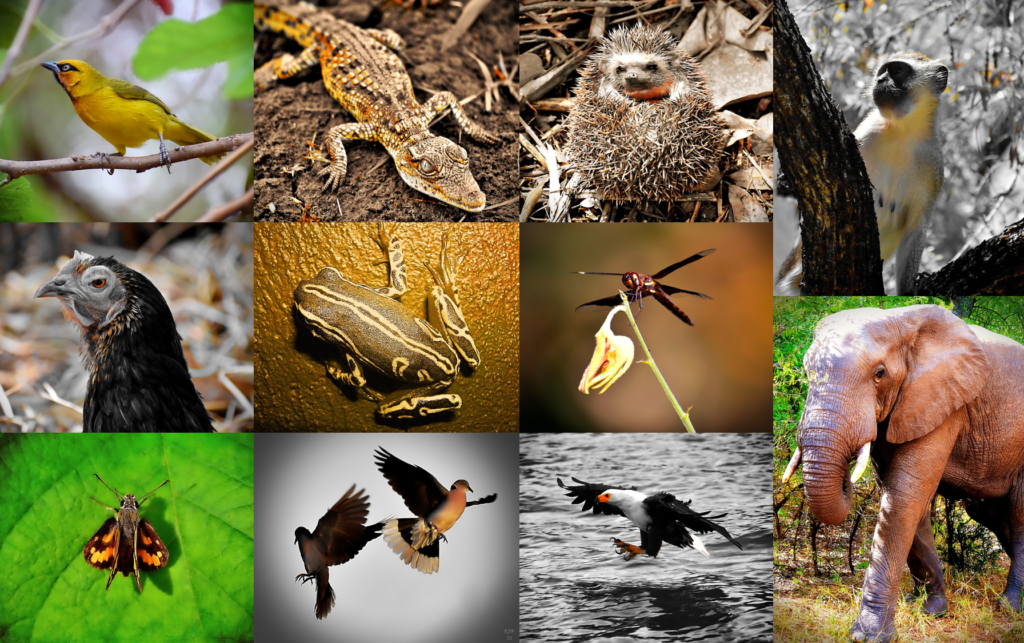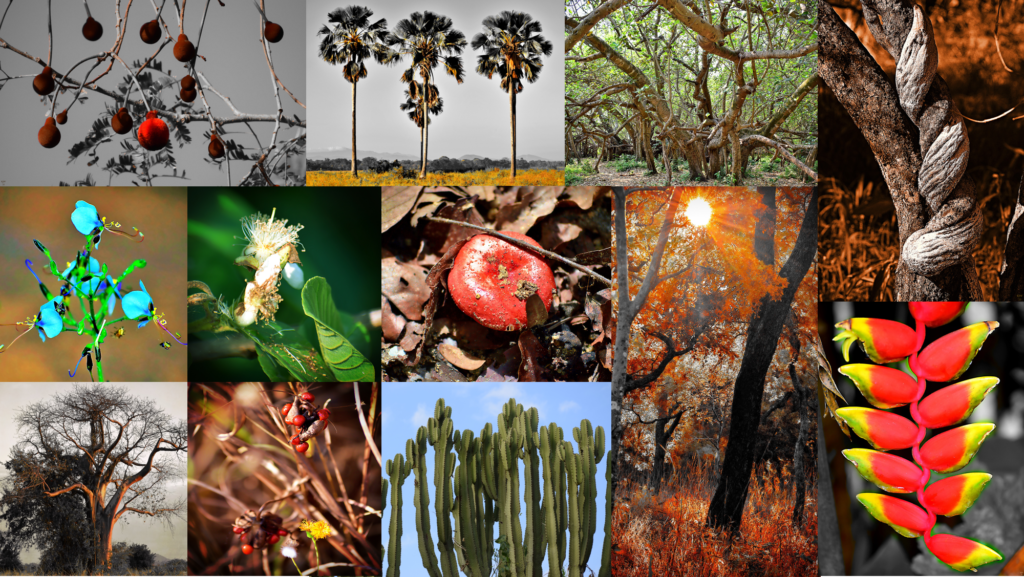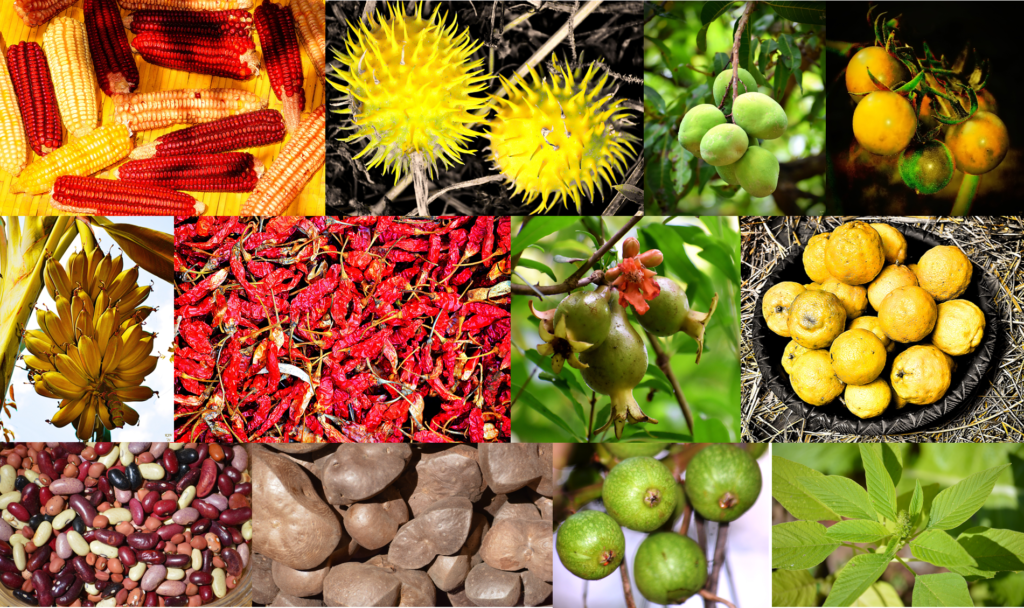
In December of 2022, almost all of the 195 countries of the world signed an agreement to help protect the world’s natural biodiversity. This was accomplished at the United Nation’s Convention on Biological Diversity, held in Montreal, Canada. By 2030, the 23 targets of this agreement include:
- Effective conservation and management of at least 30% of the world’s lands, inland waters, coastal areas and oceans;
- Restoration of at least 30% of degraded terrestrial, inland waters, and coastal and marine ecosystems;
- Cut global food waste in half;
- Reduce the overall risk posed by pesticides and highly hazardous chemicals;
- Phase out or reform subsidies that harm biodiversity;
- Require large and transnational companies and financial institutions to monitor, assess, and transparently disclose their risks, dependencies and impacts on biodiversity through their operations, supply and value chains and portfolios;
- Ensure urgent management actions, to halt human induced extinction of known threatened species;
- Ensure that the use, harvesting and trade of wild species is sustainable, safe and legal;
- Reduce pollution risks and the negative impact of pollution from all sources;
- Ensure that areas under agriculture, aquaculture, fisheries and forestry are managed sustainably.

Malawi is rich in natural biodiversity! People from all over the world travel to Malawi to view such natural wonders, and the tourism sector is responding through the development of eco-friendly options for people to enjoy. This seems to be paying off, as it was estimated that the economic contribution of tourism in Malawi increased from 0.2 billion U.S. dollars in 2000 to 0.6 billion U.S. dollars by 2019.

Natural resources provide humans with everything we need to live; from the buildings in which we live, to the clothing that we wear, the money that we make, and the foods that we eat. The more that we increase biodiversity, the more access we have to useful resources. When natural resources are managed in a sustainable manner, then we can ensure that there are plenty of resources for many future generations. The three Permaculture ethics help us to design our communities in ways that increase biodiversity, rather than depleting it. Natural resources are renewable, but humans have a responsibility to protect, conserve, and use them wisely. Population doesn’t have to be a problem, in reality, it should be the solution! It is currently estimated that Malawi’s population around 19.65 million. If everybody were working together towards earth care, people care, and fair share, we could see over 39 million hands implementing sustainable solutions. Since 2010, Malawi has lost an average of 42,000 hectares of forest, but in 2016, the government committed to restoring 4.5 million hectares by 2030, more than a third of its land area. If everybody in Malawi committed to planting even one tree during this year’s rainy season, we could very literally have over 19 million trees tomorrow!

Diversity is also the solution to many of Malawi’s food and nutrition security challenges. When we over-rely on a single crop–like maize–to provide everything that we need for life, then we have already failed. Good nutrition depends upon diversity; climate-smart agriculture depends upon diversity; healthy ecosystems depend upon diversity; and resilient economies depend upon diversity. Malawi has hundreds upon hundreds of natural food resources which are often overlooked, neglected, and even stigmatized by current agricultural models. The time has come to celebrate biodiversity and design systems that work in harmony with nature!
